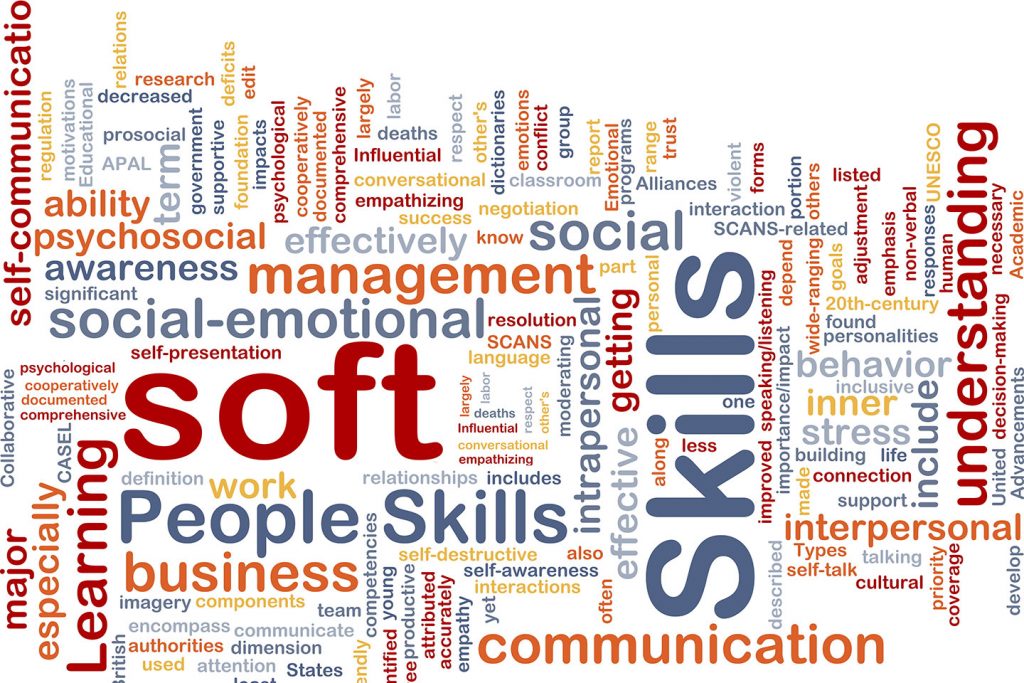“Soft Skills” includes general skills such as communication skills, negotiation skills, problem solving, strategic thinking, personal activity, project management, leadership.
How to Explain ‘Soft Skills’?
The basic information you use to carry out the work you know about engineering, accounting, or purchasing is your Hard Skills. However soft skills deals with topics such as behavior, social elegance, communication, language, habits, friendship and optimism.
What is important of ‘Soft Skills’?
Soft Skills affect the individual’s communication, job performance and career. An individual’s soft skills ability has a direct impact on a company’s success. Especially if that company has face-to-face relationships with customers and educates their staff about these skills, they will be more successful. Persons will be a smart investment in the long term for a company that educates staff on habits and behaviors. For this reason, employers have begun to give more importance to these trainings. For example, in a profession that requires effective and positive communication with people, soft skills are more important than professional skills. Soft skills are behavioral measures and they are also called communication capabilities.

Let’s Examine the Features of ‘Soft Skills’
- Improve Your Leadership Skills
A leader guides a person or a group, especially in a direction, forward. You should manage your team’s performance, operations and operations. For improve your leadership skills; be stable, be in touch with the right people, have goals, increase your general knowledge, trust yourself, be full of desire to succeed, do your job with love, be positive with people.
2. Active Communication
Good listening is the most important step in communication. Active listening requires you to show what you hear through our facial expressions, to make eye contact to confirm that you understand and to repeat the head and to repeat what you hear.
3. Act Decisively
When you work at your business, make your business plan and work regularly. Do not move unstable. Don’t forget to follow the time you spend on your planned tasks. If things took more time than you originally planned, it is worth considering the reason. Was your attention distracted while working? Some tasks require more effort than you think, you need to criticize them.
4. Be Patient
You must be patient to the events and people. You can make mistakes If you make sudden decisions and be impatient.
5. Increase Your Self- Confident
When we use a self-confident body language, we show a more confident posture by deceiving our brains. A few minutes before a meeting or a presentation, you will go to a place where you will be alone, and make sure you feel confident (legs open, shoulders perpendicular). Try and see.
6. Observe the Events
You should observe the events for a while, after that evaluate and analyze. Try to be a part of the event and try to make better or improve your findings.
7. Increase Your Responsibility
People and teams like to work with responsible people. Be a volunteer in the projects and complete your task. When you finish each job successfully, people’s confidence increases to you.
8. Energic Team Work
Be a part of the team, be compatible and try to keep high the motivation.
9. Find Solutions to Problems
You should look for possible solutions to solve your problems. You should improve diffrent methods for solving the problems.
10. Respect the Values
It is very important to respect ethical values in the workplace, and you should be careful about the company’s corporate culture and people’s boundaries.





